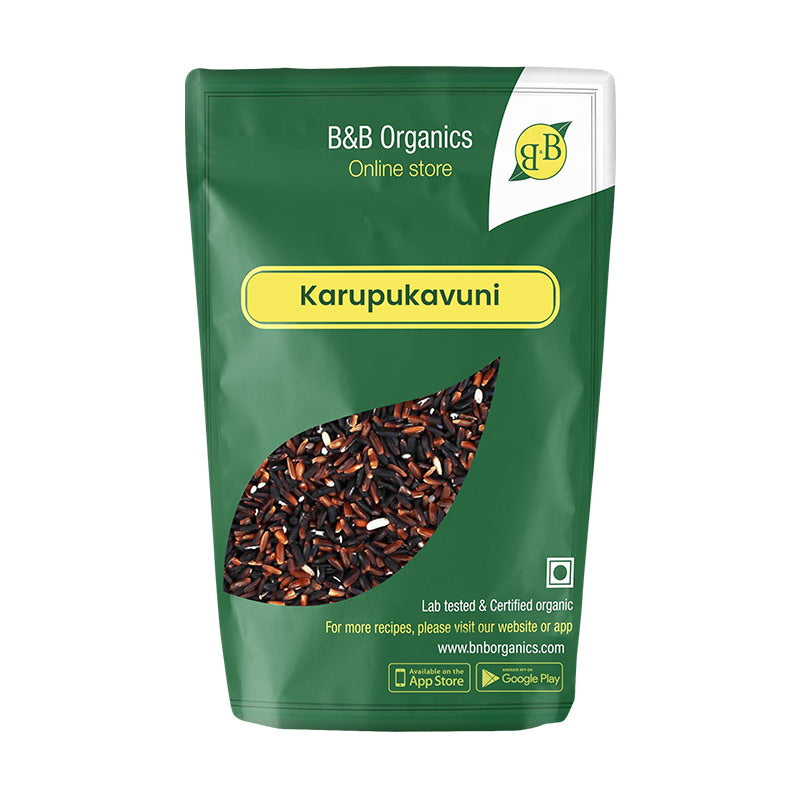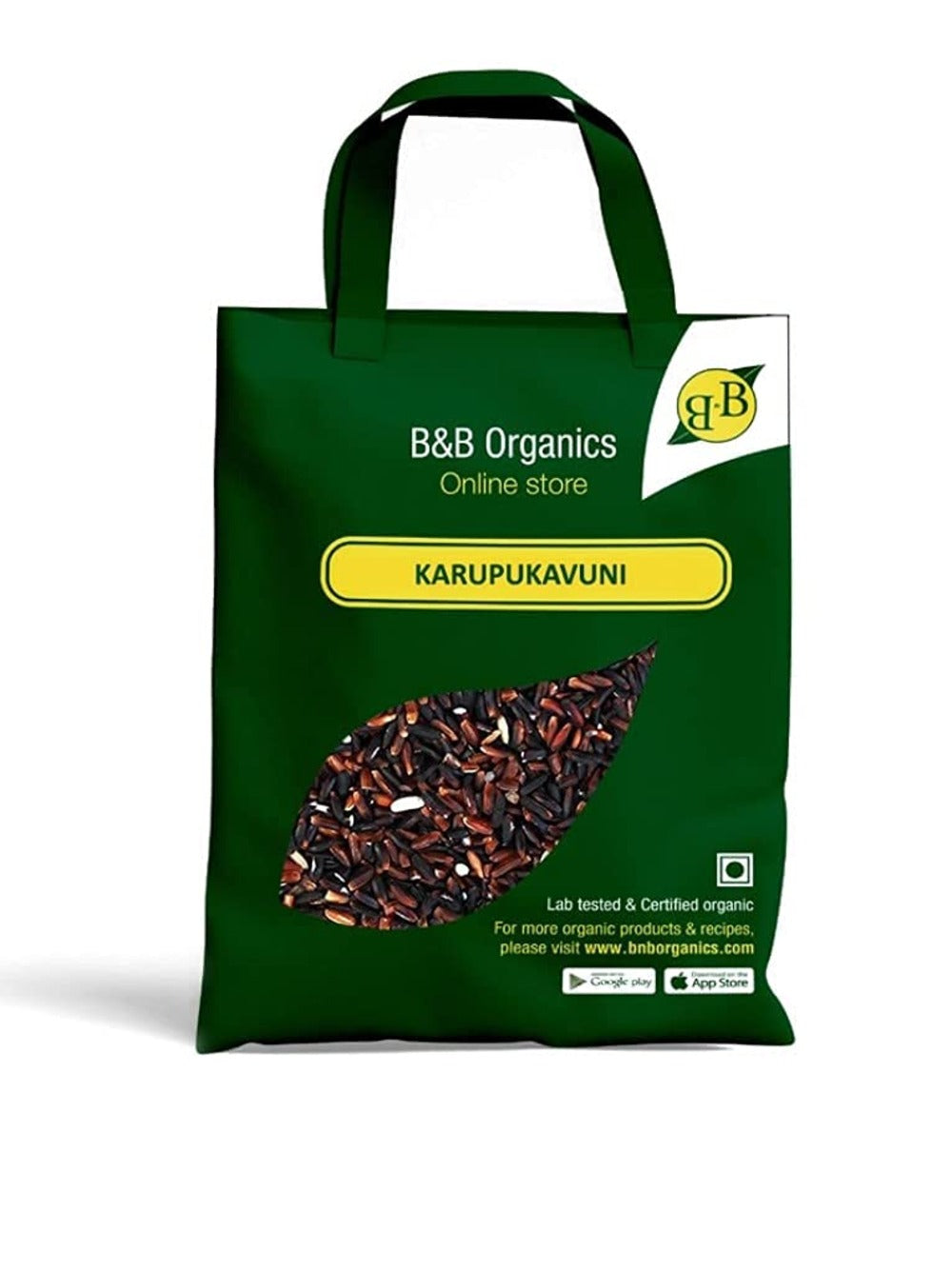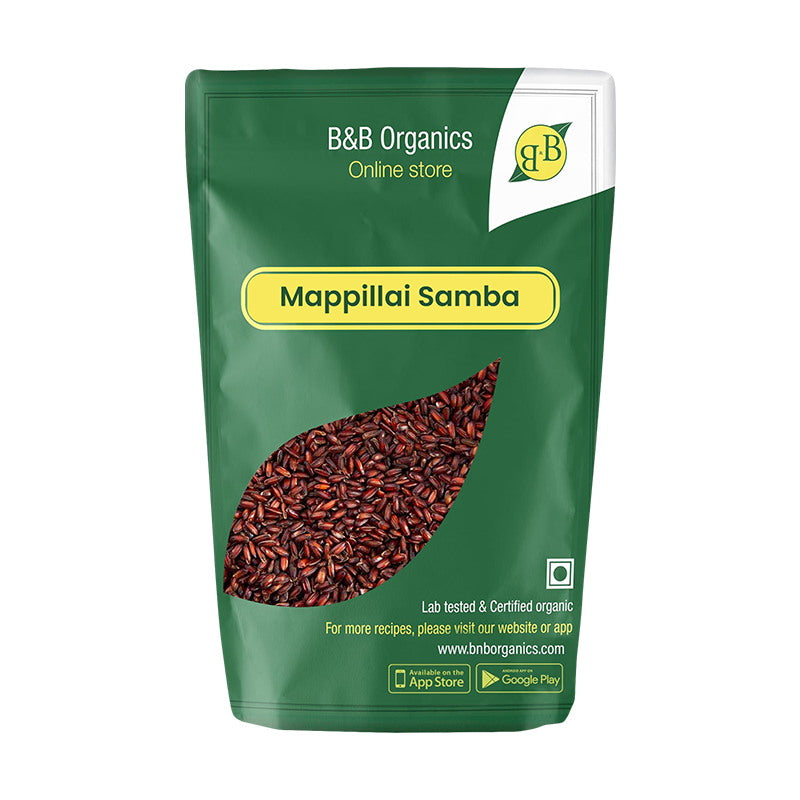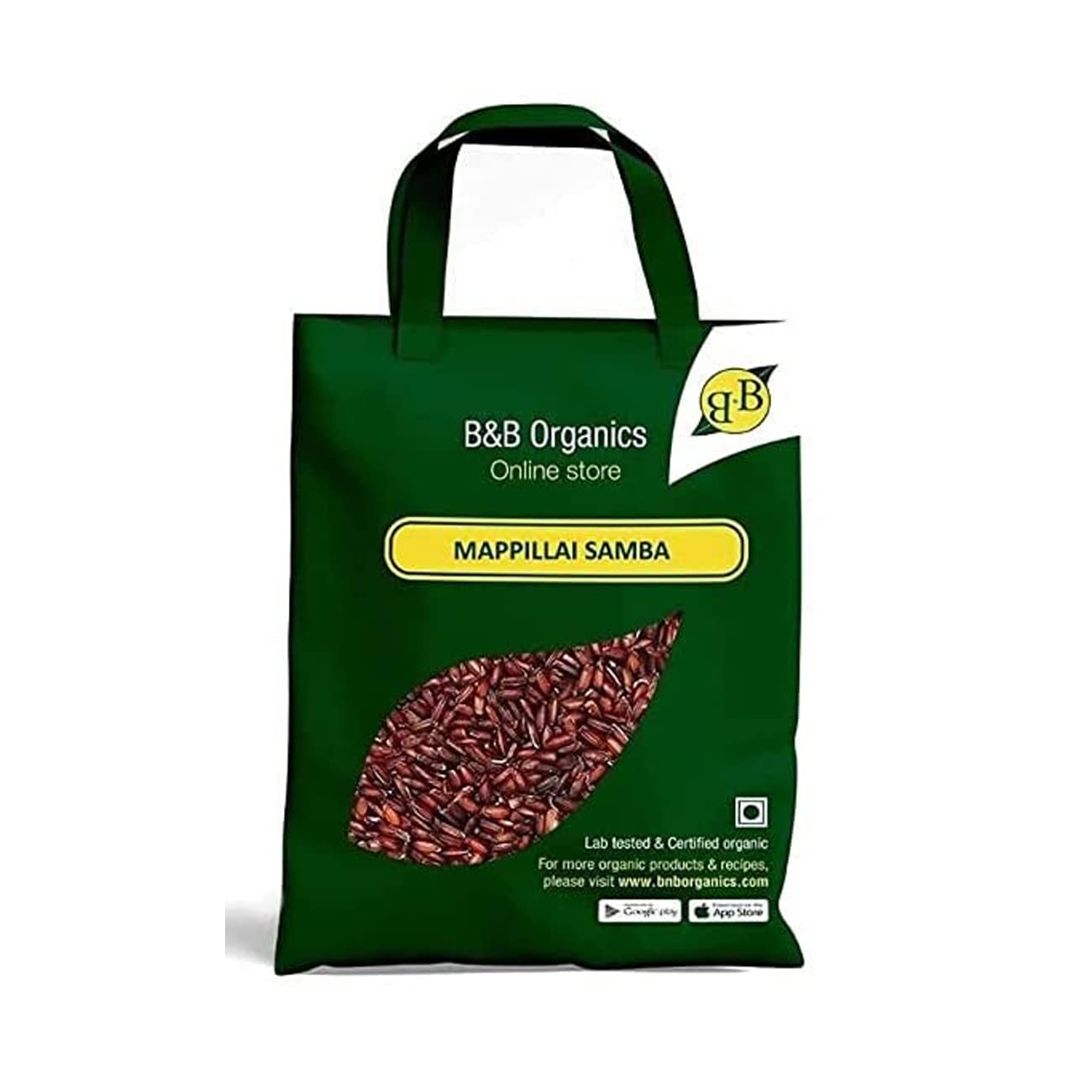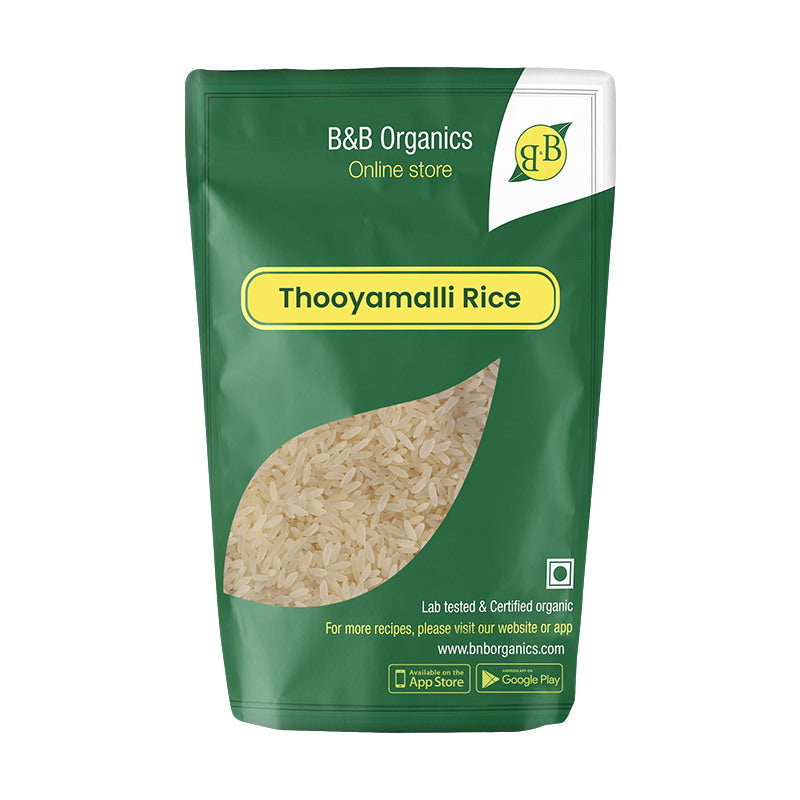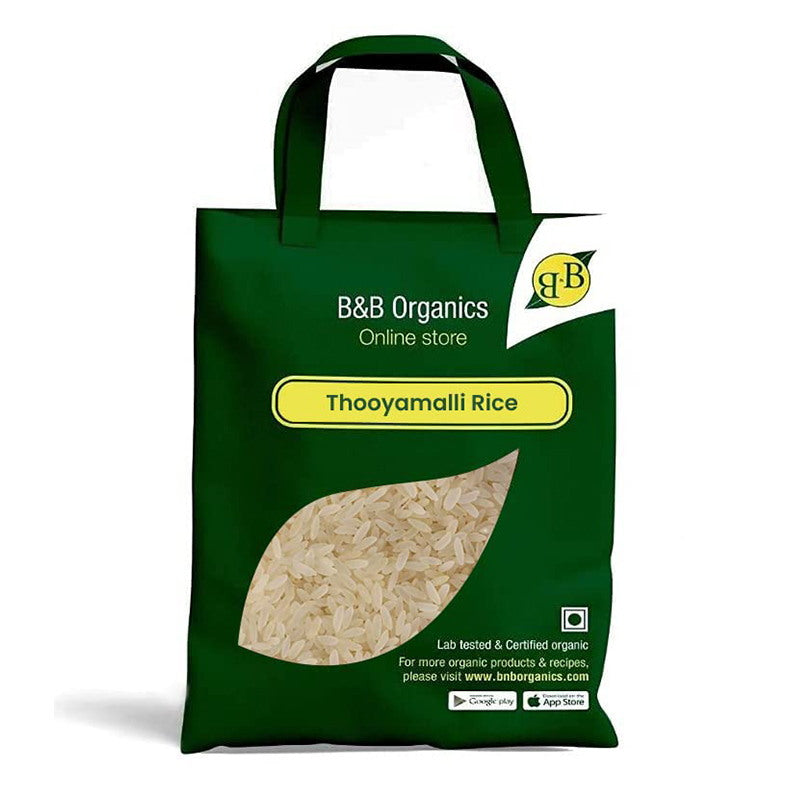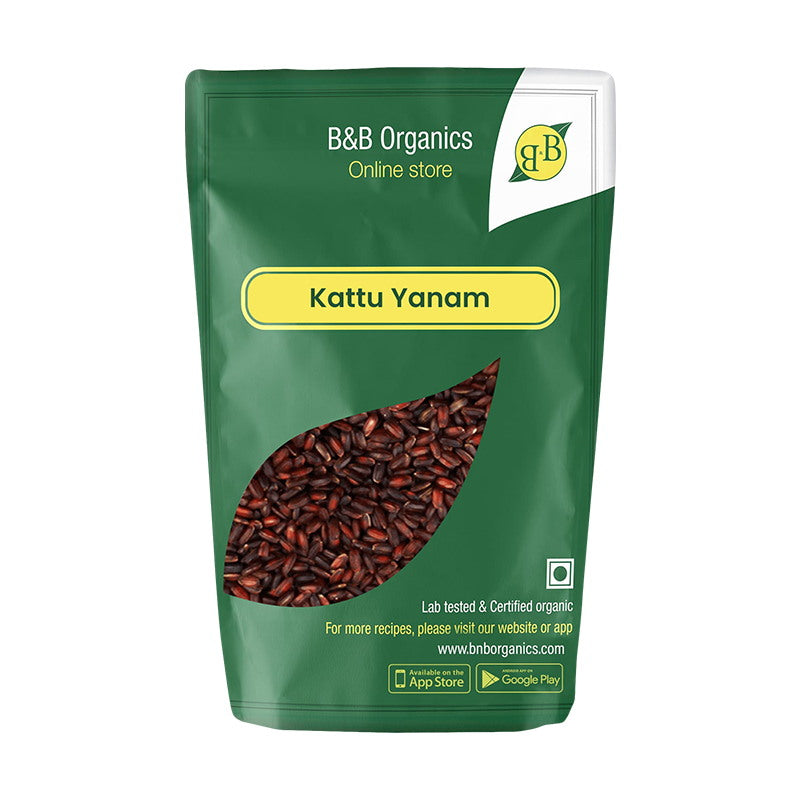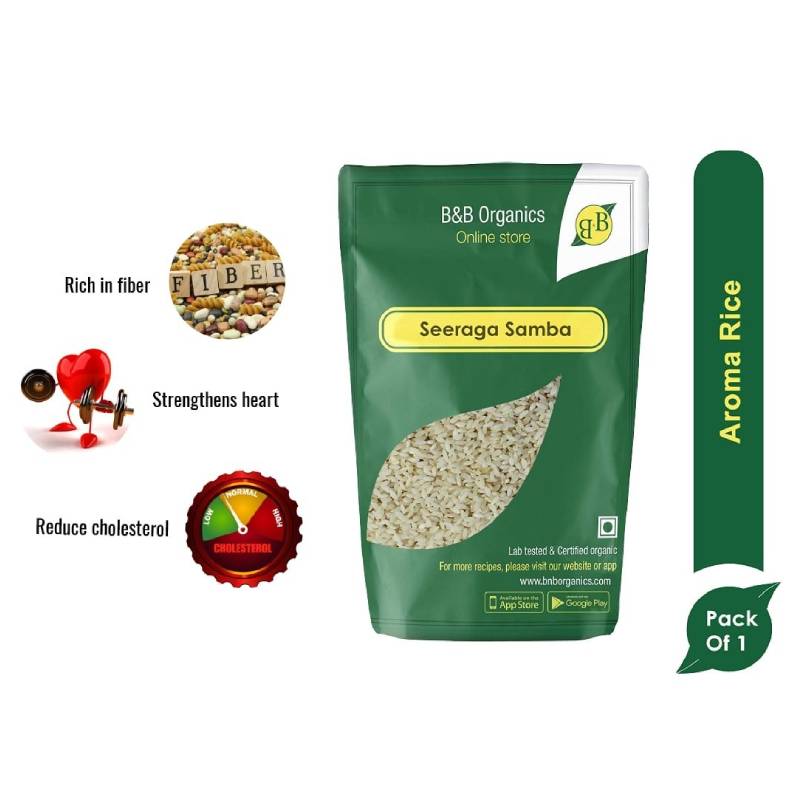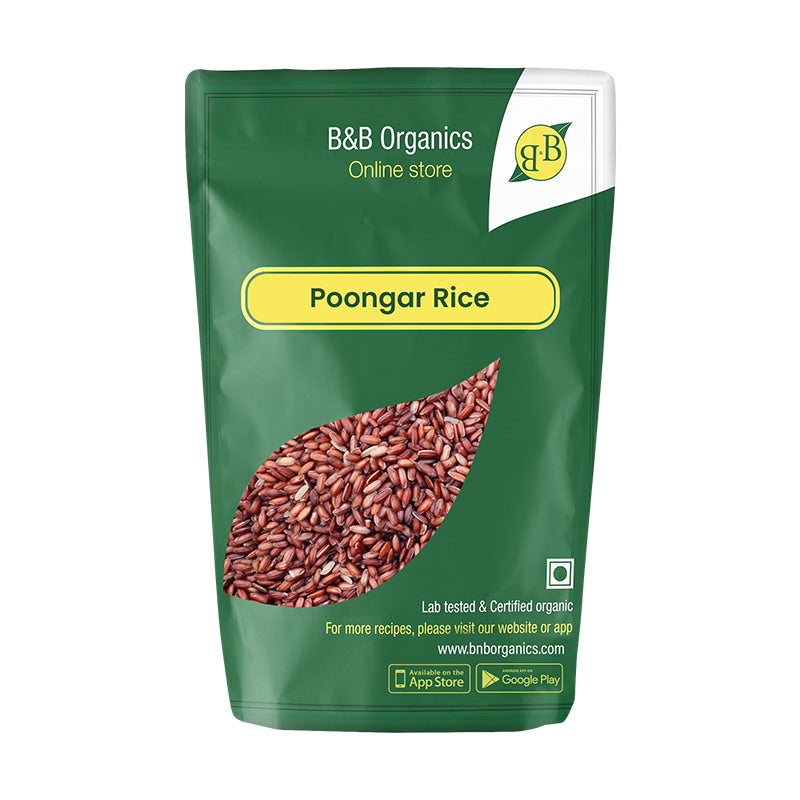Coconut oil has probably come up in your search for all-natural remedies for vaginal dryness. This plant-based oil is used in many skin-care products and has a broad range of uses. Is it, however, effective and safe to use coconut oil to

treat vaginal dryness?
This article addresses all the important facts about using coconut oil for vaginal dryness, such as how it works, its benefits, and any possible disadvantages.
What Is the Purpose of Coconut Oil?
Coconut oil has increased in popularity as an organic moisturising agent over time. Its hydrating property makes it a critical part in a range of beauty products, from lubricant and stretch mark cream to lip balm and hair oil.
Coconut oil has traditionally been employed in hair and skin care products. It is often used by women to remove makeup. It is also used to cure eczema.
However, there are uses besides aesthetics. Most often, due to its conceivable health benefits, coconut oil is frequently used in cooking. Medium-chain triglycerides (MCTs), a saturated fat type thought to boost calorie burning, are plentiful in it. But, there is no evidence that ingesting coconut oil speeds up calorie burning.
Benefits of coconut oil:
Virgin coconut oil is mainly an all-natural moisturiser free of irritating chemical compounds. This implies that it won't probably result in inflammation in delicate regions. It is also widely known for functioning as a natural antibiotic.
Antimicrobial:
Coconut oil not only works well as a cleanser but also has antibacterial and antifungal effects. It could be an effective natural remedy for fungal infections, based on specific research. More data, though, is required, and you must ultimately talk to your physician to determine and treat a likely yeast infection.
Also, research has found that the medium-chain fatty acids in pure coconut oil can stop the growth of the bacteria C. difficile, which is accountable for severe dysentery.
The following are extra benefits of using coconut oil:
- Defending the skin's barrier.
- Anti-inflammation.
- Prevention of tooth decay and gingivitis.
How Effective Is Coconut Oil For Dry Skin?

A popular and effective home remedy for dryness is coconut oil. Studies have found that it is both harmless and effective for dryness and the signs it might cause, such as swelling, discomfort, and painful erections.
Even moderate atopic dermatitis in kids has benefitted from its therapy. If evaluating coconut oil for vaginal dryness, you'll like to know if it's mild enough to apply down there.
Coconut oil for vaginal dryness:
Vaginal dryness is a regular occurence outside of menopause. It can happen at any age for a wide range of reasons, including childbirth, delivery, chemo in the pelvic region, contraception use, tobacco, emotional stress, and much more. In light of this, you could think about using coconut oil for vaginal dryness at any moment.
The outer parts of your vagina can easily be used topically with coconut oil. As per anecdotal evidence, ingesting it internally may have benefits, but it's better to talk to your doctor prior to doing so.
Does Coconut Oil Work as a Lubricant?

Vaginal dryness causes issues like irritation, itchiness, and skin irritations, especially during sexual intercourse. Coconut oil is a popular element in lubricants that many women use to alleviate dryness during sexual intercourse. However, is coconut oil a suitable lubricant?
Coconut oil has a deeper coating than water or vaginal gels when used as a lubricant. Also, the coating lasts a lot longer, saving you from having to reapply as often. Especially if you have sensitivities or itchiness, selecting a more organic lubricant like coconut oil can be helpful.
The discomfort of vaginal dryness can be lessened by using coconut oil as a lube. It is affordable and readily available. A small amount also lasts for a long time as a small part goes a big way.
But, there are a few points to keep in mind if you use coconut oil as lubricant.
What Negative Effects Can Coconut Oil Have on Dry Vaginal Skin?
Coconut oil may have certain impacts while being all-natural and free of artificial additives. The oil shouldn't be used as lubricant by people who use latex-based contraception like diaphragms and condoms.
Oil-based lubricants, such as coconut oil, can degrade and break the condoms' latex barrier, leading them to tear. Due to this, there is a greater likelihood of unplanned pregnancy and STDs. If you're trying to get pregnant, coconut oil may not be the best choice of lubricant.
Not all vaginal lube and cleansers are made equal. One might alter the pH balance in your vagina, which raises the risk of diseases. Look for goods that are pH-balanced. Before using coconut oil as a lube, you may wish to address your chance of infection with your doctor.
As a native antibacterial and source of long-lasting moisture and gloss for your skin, coconut oil has a good amount of benefits. Due to its hydrating properties, it's a more gentle and all-natural option for addressing vaginal dryness. The risks and negative effects of using it as a cleanser are low to nonexistent. While it can be utilised as lube, not everybody will find it to be ideal.





